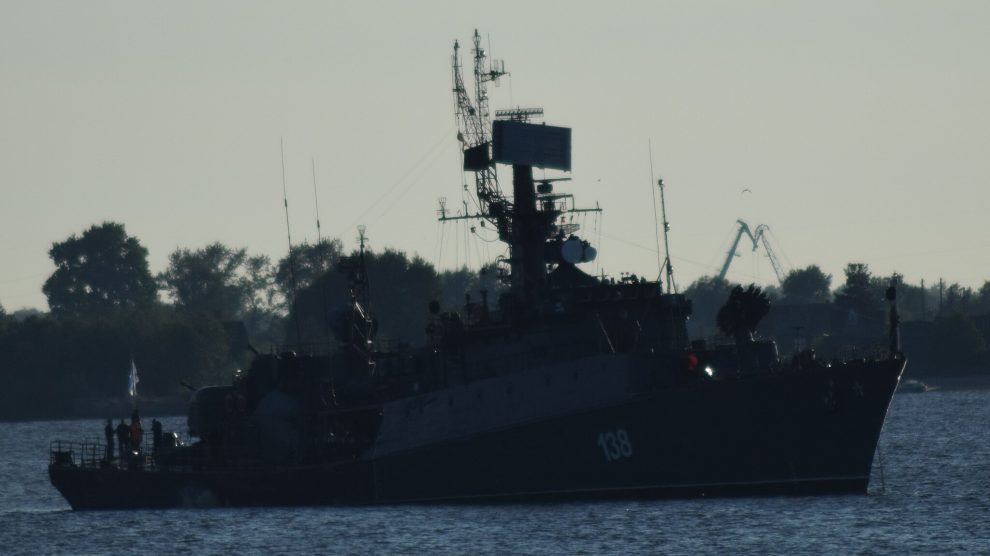Deal in progress. Russia is securing its first African naval base in Sudan, gaining a crucial foothold in the Red Sea—one of the world’s busiest trade routes.
- Sudanese Foreign Minister Ali Youssef Ahmed al-Sharif confirmed that the agreement is moving forward with “no obstacles,” though internal instability casts doubts over full implementation.
- Russia has eyed Sudan’s coast since 2017, with a 2020 deal permitting the basing of up to four warships, including nuclear-powered vessels, for 25 years—a plan stalled by political turmoil until now.
Strategic stakes. The Red Sea, carrying 12% of global trade, links the Suez Canal to the Indo-Pacific, making it a strategic chokepoint.
- Moscow’s presence in Sudan intensifies geopolitical competition, challenging Western influence and tightening control over vital maritime routes.
- Russia has navigated Sudan’s internal conflict by backing both sides: the Wagner Group supported the paramilitary Rapid Support Forces (RFS) while Moscow built ties with the military.
- It has also employed its UN veto to block ceasefire resolutions, shielding its Sudanese allies.
The risks. Sudan’s army is gaining ground against the RSF, fuelling expectations of a military victory while prolonging instability.
- The ongoing conflict has deepened Sudan’s humanitarian crisis, displacing millions and heightening famine risks.
The bigger picture. Russia’s move comes as its Tartus base in Syria faces uncertainty amid Bashar al-Assad’s waning grip on power.
- Simultaneously, Moscow is seeking a maritime foothold in Cyrenaica, Libya, leveraging ties with militia leader Khalifa Haftar in the east.
- Establishing a base in Sudan strengthens Moscow’s Indo-Mediterranean strategy, potentially enabling coordinated operations with strategic partners such as China and Iran.
Italy’s angle. Russia’s base in Port Sudan is only a few hundred kilometres from Italy’s strategic military installation in Djibouti, a key extraterritorial base for Rome.
- Djibouti hosts bases from the US, France, Japan, the UK, and China, underscoring the Horn of Africa’s strategic importance.
- The militarisation of the Red Sea reinforces its role as a vital corridor linking the Mediterranean, Atlantic, and Indo-Pacific.
- Russia’s expanded presence complicates regional stability and raises security concerns for Italy and Europe, with potential repercussions for Sahel security.
- Moreover, Moscow’s ambiguous stance on Houthi attacks—disrupting Indo-Mediterranean trade for 15 months—hints at potential GRU military intelligence agency involvement in targeting Western shipping, further emboldening Russia’s capacity for asymmetric threats.
What’s next. The final ratification of the agreement remains the immediate focus.
- The establishment of Russia’s naval foothold in the Red Sea is poised to trigger significant strategic responses from both the United States and the European Union, including enhanced naval patrols, intensified diplomatic engagements, or even targeted economic measures designed to counterbalance Moscow’s expanding influence.
- The long-term impact of this development is likely to extend well beyond Sudan’s borders as the IndoMed could witness increased militarisation, potentially disrupting established shipping routes.
(Photo: Sasha Krotov, Wikimedia)





